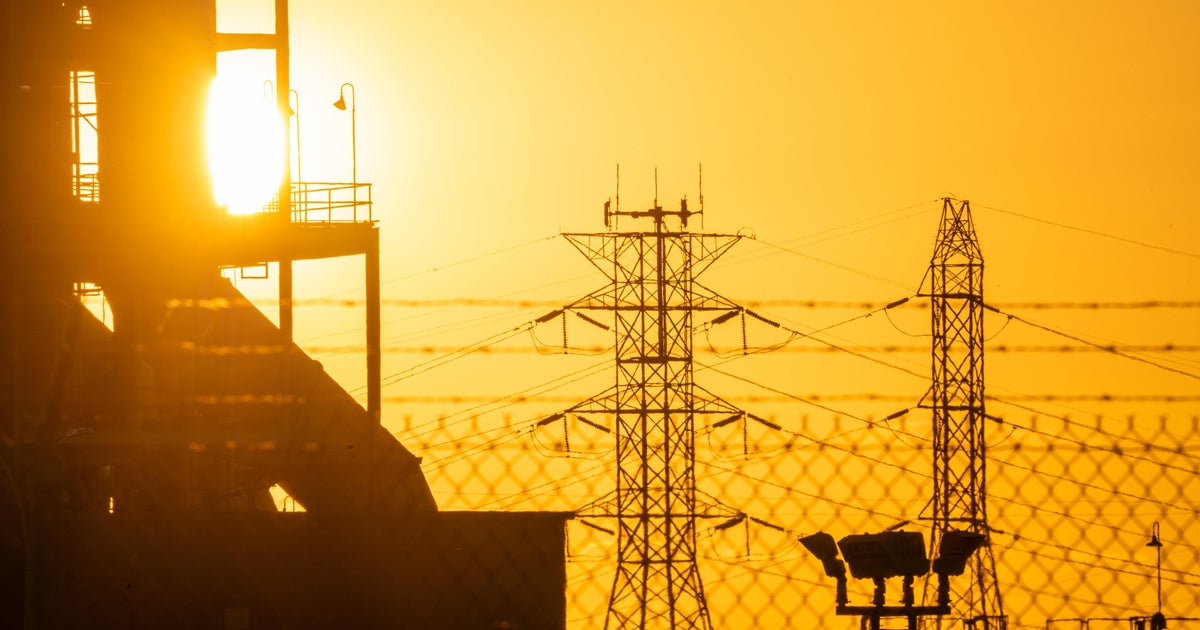State legislators vote to fast-track low-income housing on church property
SACRAMENTO -- Religious institutions and nonprofit colleges in California could soon turn their parking lots and other properties into low-income housing to help combat the ongoing homeless crisis, lawmakers voted on Thursday.
The legislation would rezone land owned by nonprofit colleges and religious institutions, such as churches, mosques, and synagogues, to allow for affordable housing. They would be able to bypass most local permitting and environmental review rules that can be costly and lengthy.
California is home to 171,000 homeless people — about 30% of all homeless people in the U.S. The crisis has sparked a movement among religious institutions, dubbed "yes in God's backyard," or "YIGBY," in cities across the state, with a number of projects already in the works.
But churches and colleges often face big hurdles trying to convert their surplus land and underutilized parking lots into housing because their land is not zoned for residential use. An affordable housing project in a San Jose church had to go through a rezoning process that took more than two years before it could break ground in 2021.
The goal of this legislation is to carve an easier path to build much-needed housing in the state, said Democratic Sen. Scott Wiener, who authored the bill.
The bill, which was approved by the Assembly, needs the final approval in the state Senate before heading to the desk of Democratic Gov. Gavin Newsom, who will decide whether to sign it into law.
It would only apply to affordable housing projects, and the law would sunset in 2036.
Democratic Assemblymember Sharon Quirk-Silva, who represents Orange County, said there are hundreds of faith-based organizations and several community colleges in her district that could use this bill as a tool to expedite affordable housing projects.
"If only a small fraction of them chose to build very small amount of units, we could start picking away at this issue one church at a time, one educational institution at a time," she said Thursday.
Supporters of the bill said it could help add hundreds of thousands of affordable housing units to the state's housing stock. A recent study by the University of California, Berkeley, Terner Center for Housing Innovation estimated California religious and higher education campuses have more than 170,000 acres (68,797 hectares) of land that would be eligible under the bill.
But several cities opposed the bill and said it would take away local control over housing developments. Environmental groups also worry the bill doesn't have enough guardrails and would put low-income housing close to polluting areas such as freeways, industrial facilities, and oil and gas plants.
Lawmakers have until Sept. 14 to act on this and other bills. When lawmakers finish, Newsom will have a month to decide whether to sign them into law.



